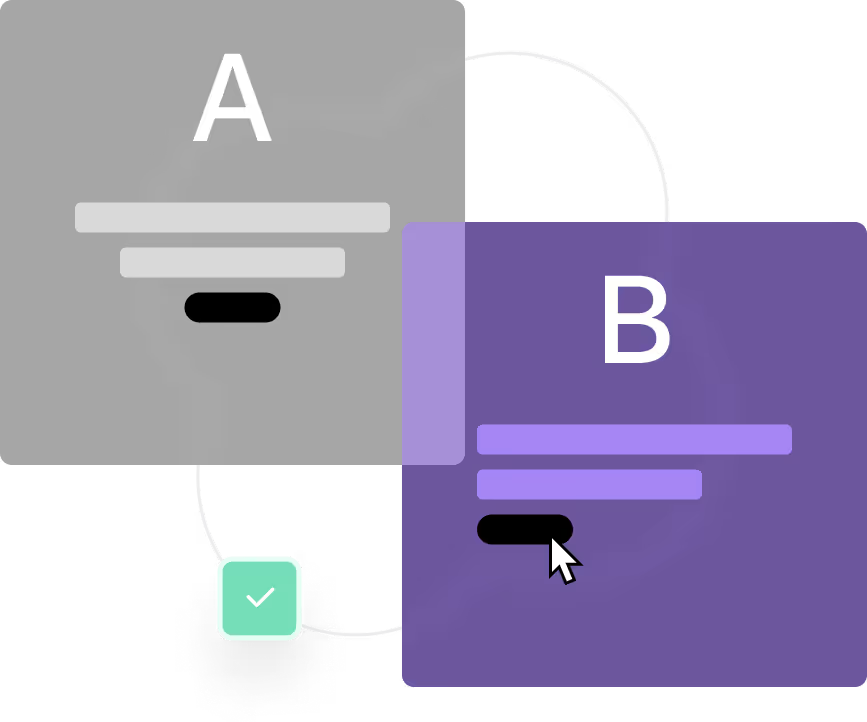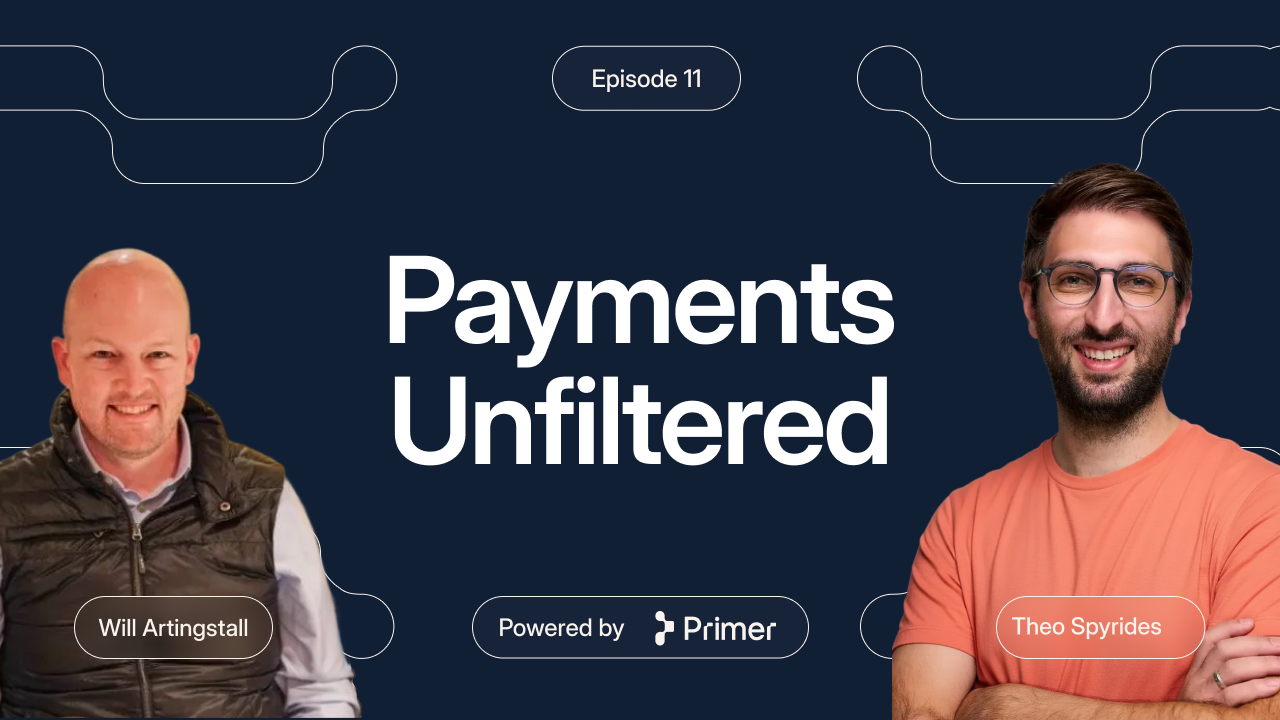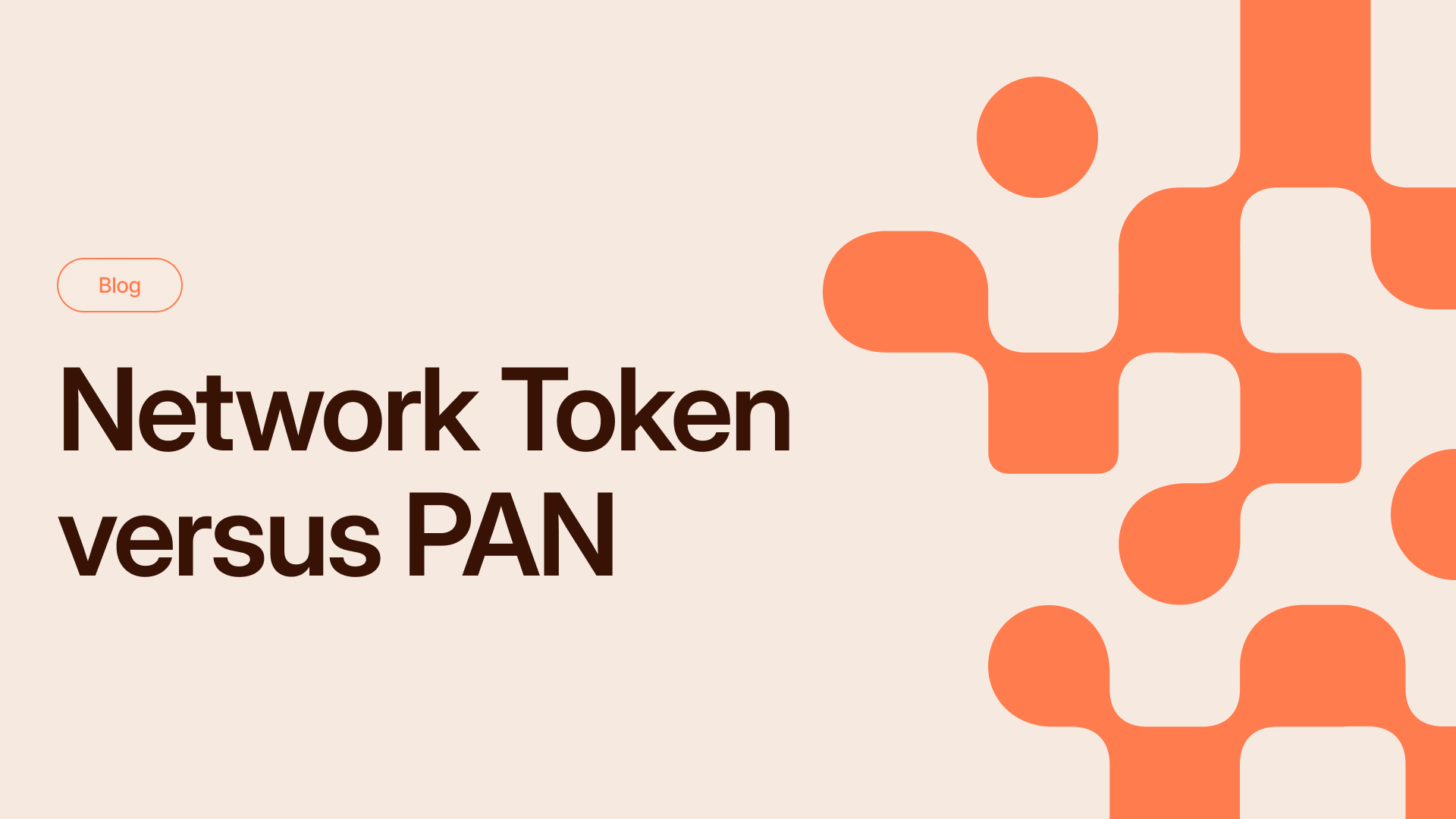If you're searching for an iGaming payments solution, you’ve likely encountered at least one of the following challenges:
- Unpredictable PSPs: You may be concerned that your payment service provider (PSP) will change its risk policies or terminate your account without notice. Finding and integrating a replacement is resource-intensive, requiring lengthy contract negotiations and complex technical work.
- Costly chargebacks: Fraudulent chargebacks are common, expensive, and time-consuming.
- High-stakes payment reliability: Your revenue goals depend on performance during peak periods and major events, so high rates of payment failures or downtime aren’t an option.
- Complex regulatory demands: Staying compliant with strict regulations as you expand into new markets is becoming increasingly complex.
To help you optimize your payment strategy, we’ll explore key solutions that enhance reliability, reduce fraud, and ensure compliance so you can scale seamlessly and stay ahead of regulatory changes.
Primer is a unified payments platform that lets you integrate and manage multiple PSPs with no code. Book a call with our experts now, or keep reading to learn more.
Five common challenges in iGaming (and what you can do about it)
1. You're relying on a single PSP, putting your business at risk
A lack of redundancy in your payment setup leaves your business at the mercy of your PSP.
For example:
- If your primary payment provider increases fees, your costs go up, reducing your profitability.
- If they experience an outage, your revenue stops temporarily.
- If they change their risk policies and drop you as a customer, your business is at serious risk.
If your primary payment provider increases fees, experiences an outage, or changes its risk policies and drops you as a customer, you could face significant downtime and lost revenue. A lack of redundancy in your payment setup leaves your business at the mercy of your PSP.
What you can do:
- Integrate multiple PSPs to create a resilient payment setup, ensuring continuity even if one provider becomes unavailable.
- Use smart routing to automatically direct payments to the best-performing PSP at any given time based on approval rates and uptime.
- Monitor processor fees so you can proactively switch providers if issues arise or costs become unsustainable.
2. You're dealing with high fraud rates and increasing chargebacks
Fraud in iGaming goes beyond stolen card details. It includes bonus abuse, synthetic identities, and bot-driven betting schemes. While chargebacks triggered by customers disputing losses bring their unique challenges. These include operational headaches with resources required to combat the disputes. They also carry financial impacts with fees ranging from $15 to $70 per dispute.
What you can do:
- Use a specialist fraud prevention tool that leverages machine learning and behavioral analysis to block high-risk transactions before they’re processed. Some PSPs will mandate that you use a tool like this before onboarding.
- Apply 3DS authentication dynamically based on transaction risk to prevent fraud while keeping friction low for trusted players.
- Strengthen chargeback management by improving transaction data quality and working with issuers to dispute invalid claims more effectively.
3. You're experiencing soft declines and payment failures during peak periods
During major events, players need to top up their accounts quickly, but banks and PSPs often apply stricter risk controls, leading to increased declines. Transactions may be rejected due to perceived fraud risk, insufficient authentication, or temporary processor outages.
When time is critical, especially right before an event starts, any payment failure can mean lost opportunities and frustrated customers. According to WorldPay research, 30% of players would abandon a bet if their payment was declined.
Without a strategy to mitigate these issues, you don’t just risk lost revenue at the moment—you also risk losing a customer permanently due to a poor payment experience.
What you can do:
- Implement dynamic transaction routing to automatically retry soft declines with an alternative processor, increasing approval rates without manual intervention.
4. You're struggling to stay compliant as regulations change
Regulatory requirements in the iGaming industry vary by region and frequently change, from Australia’s credit card online gambling ban to evolving KYC and AML requirements in the U.S. Keeping up with compliance without slowing down payments can be a significant challenge.
What you can do:
- Automatically block restricted transactions based on geolocation, BIN data, and local regulatory requirements to prevent non-compliant payments.
- Adapt authentication and routing logic in real-time as new regulations take effect without requiring additional development work.
- Enhance transaction transparency to meet issuer and regulatory expectations, improving approval rates in high-risk markets.
5. You're spending too much on payment processing transaction fees
Without an optimized payment strategy, you could be overpaying due to high PSP fees, unnecessary currency conversion costs, and inefficient transaction routing. Poorly routed online payments lead to more declines, reattempt fees, and operational costs.
What you can do:
- Optimize PSP selection by routing transactions to the provider with the lowest fees and highest approval rates for each payment type.
- Minimize failed transactions by improving routing logic and leveraging issuer insights to reduce declines.
- Reduce unnecessary currency conversion costs by processing payments in the most cost-effective currency for each region.
Read more: How to reduce card payment fees
How payment orchestration can help iGaming platforms

Building a solution in-house to manage these challenges is possible, but it requires significant engineering, compliance, and operational resources.
That’s why many iGaming operators are turning to payment orchestration platforms, so you can automate payment routing, optimize costs, and reduce risk across multiple PSPs, without having to build all of the integrations yourself.
Payment orchestration helps by:
- Improving authorization rates by routing to your best-performing PSP, or lowering fees by routing to the most cost-efficient provider (based on logic you set up).
- Recovering soft declines by automatically retrying transactions with another processor.
- Enhancing fraud prevention by integrating fraud prevention providers.
- Simplifying compliance with automated transaction blocking and adaptive authentication.
But payment orchestration alone isn’t enough.
While payment orchestration addresses many challenges, it doesn’t provide complete payment visibility, real-time fraud detection, or advanced automation.
That’s where Primer comes in.
We go beyond payment orchestration, offering a unified payments infrastructure that simplifies PSP management, improves security, and ensures regulatory adaptability—all through a single API integration.
Read more: What is payment orchestration, and how can it maximize payment efficiency?
Why should iGaming merchants use Primer?

Add multiple PSPs and payment methods with just a few clicks and no code
When you integrate manually with a single PSP, it can take months of engineering resources. With Primer, you only have to integrate once. Adding each new PSP only takes a few clicks and no code.
Once you’ve signed a contract with each new PSP, all you need to do is:
- Go into the Primer dashboard
- Click on the PSP
- Enter your merchant ID
- Hit the connect button
- Choose the alternative payment methods you want to offer
- Add them to your checkout with Universal Checkout.
… and you’re ready to start accepting payments.

Adding new payment methods is just as fast. In an industry where customer loyalty is low, giving players more ways to pay is a simple but effective way to stand out.
With Primer, you can add local and global payment options —including digital wallets like Apple Pay and Google Pay—with just a few clicks.
Find out more: Alternative payment methods: offer customers more ways to pay
Set up Fallbacks to recover soft decline payments
With Primer Fallbacks, payments are automatically routed to a backup processor when a payment soft declines.
For example, you can route a payment to a local processor who might be more likely to offer better rates and re-attempt with a backup global processor if the initial payment fails.
To set up Fallbacks in Primer, you’ll use Workflows, Primer’s drag-and-drop interface for setting up payment logic.

Once you’ve set this up, any soft declines will automatically be reattempted with the Fallback processor during authorization.
In Workflows, you can also set up Split Utility to flexibly distribute your payment load between multiple PSPs, meaning a certain percentage of your payments goes to each payment processor on the first attempt.

Stay ahead of fraud and other payment issues with instant alerts on suspicious activity
With Primer Monitors, you can seamlessly track key payment metrics and get notified when unusual activity occurs—whether it’s a spike in soft declines, a drop in authorization rates, or potential fraud.
You can:
- Set Static Monitors to trigger alerts when a metric crosses a fixed threshold, like a surge in chargebacks.
- Use Dynamic Monitors to analyze historical trends and detect anomalies, so you’re notified of unexpected changes.
Instead of manually searching for issues, Primer automates alerts, instantly notifying your team via email, webhooks, or even Slack. This ensures you can respond faster, reduce downtime, and prevent potential losses before they escalate.

To stay on top of fraud, Primer seamlessly integrates with your existing risk profiling in minutes, ensuring compatibility with your current setup. Leverage specialized fraud prevention tools like Signifyd, Sift, and Riskified to enhance detection, minimize chargebacks, and streamline fraud management—all without complex integrations.
Primer also:
- Gives you real-time visibility into all of your payment data with the Observability Dashboard.
- Lets you dynamically adapt your 3DS authentication strategy across all processors based on changing regulations, risk, issuer requirements, and preferences.
- Helps you reduce fraud risk, improve security, and improve authorization rates by replacing sensitive card details with network tokens.
- Partners with you as an extension of your payments team to bring you deep industry expertise and customer support in chargebacks, compliance, fraud prevention, and payment optimization.
With all your payments and payment services in one place, managing risk, navigating high-volume periods, and taking action when things don’t go as planned is much easier.
How Dabble is winning more customers and new markets with Primer

Dabble is a Fantasy Sports app with social-first betting features that bring players together. With major one-day events like the Melbourne Cup driving huge spikes in activity, seamless payments aren’t just important—they’re make-or-break.
Here’s how Primer helps Dabble stay ahead of the competition:
1. Maximize authorization rates during peak betting periods
The Melbourne Cup is a massive opportunity for Dabble.
"The race is huge in Australia, and we have a huge spike in customers placing their bets with Dabble on the day," says Anthony Cugnetto, Head of Product—Core at Dabble. "But if customers face issues while topping up their accounts, they might easily revert to the legacy players."
By partnering with Primer, Dabble kept transaction processing flowing smoothly when it mattered most. During the high-volume lead-up to the 2023 Melbourne Cup, it hit a 96% authorization rate—and has since maintained 90+% by integrating multiple payment processors and fine-tuning its workflows with features like 3DS authentication at the BIN level.
Dabble’s reliable payment experience has helped improve player satisfaction and customer loyalty by reducing transaction failures and ensuring fast, secure deposits and payouts.
2. Recover over $40,000 in lost revenue by using Fallbacks
To maximize revenue and minimize friction, Dabble set up Fallbacks to automatically retry soft declines. This safety net helped the company recover over $40,000 USD in revenue during race month alone—funds that would have otherwise been lost due to payment failures.
3. Detected fraud and payment issues in real-time with automated alerts
Dabble also implemented Monitors to track payment performance in real-time. With automated Slack alerts, the team could instantly detect fraud risks, traffic spikes, or payment failures, allowing them to respond proactively before issues impacted customers.
With Primer in its corner, Dabble continues to be ready to seize every opportunity without worrying about payments.
Read the full case study: Dabble picks a winner by partnering with Primer.
Create the perfect payment game plan with Primer
When your competition is high, and customer loyalty is low, you can’t afford to let payments cause friction. Primer features like Fallbacks, Split payments, and Monitors let you offer a seamless online gaming experience for your customers.
With a unified payments infrastructure, it’s all connected seamlessly, so you’re always prepared to win.
Book a call to learn more about Primer.




.png)
